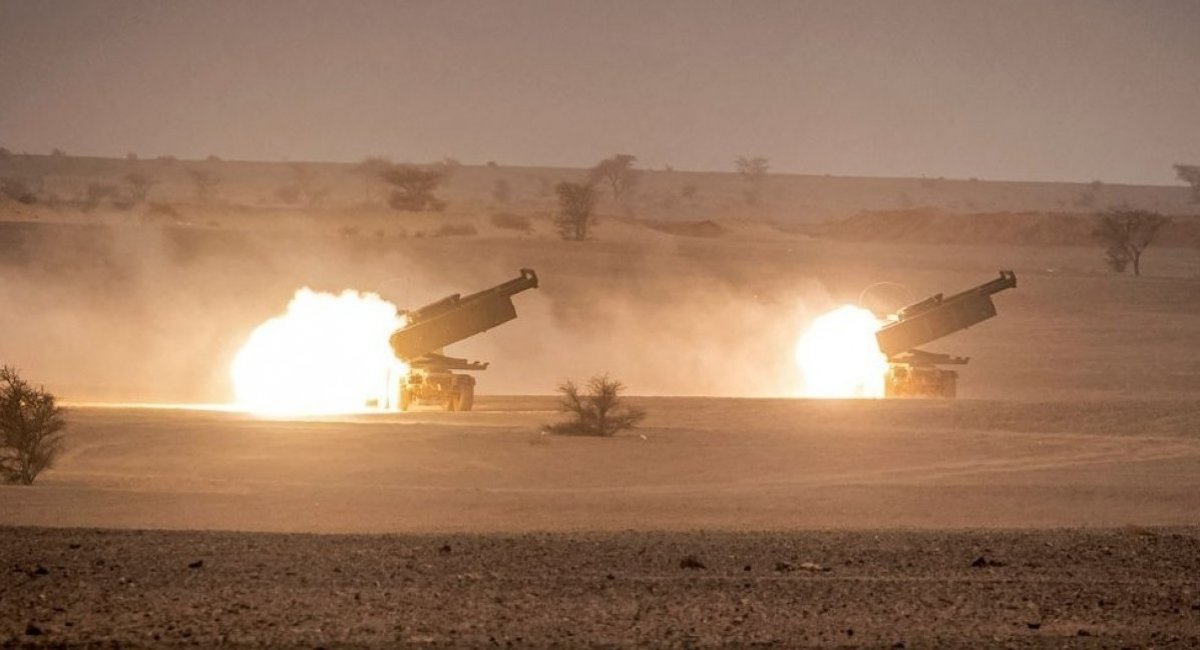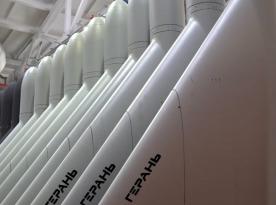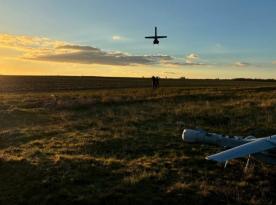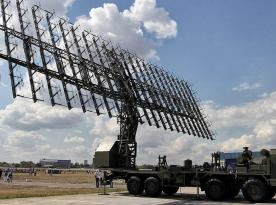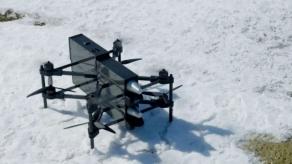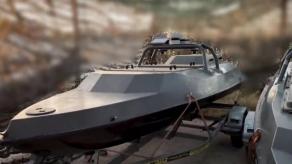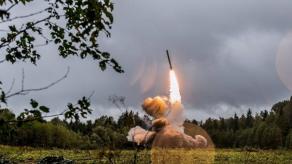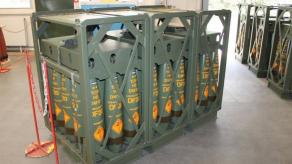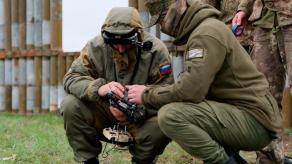The Royal Defense Research Institute (RUSI) analyzed the factors that determine the long-term success of the M142 HIMARS and M270 that are at the disposal of the Armed Forces of Ukraine.
These complexes became a game changer after being supplied to Ukraine. Thanks to the systematic strikes on logistics facilities, the russian army was forced to reduce the intensity of artillery fire as the main element for its offensive in the summer of 2022. On the other hand, success is determined by a set of factors, not just the appearance of a "wonder weapon".
Read more: Spain to Train the Tank Crews In Addition to the Leopard 2 Supply For the Armed Forces of Ukraine
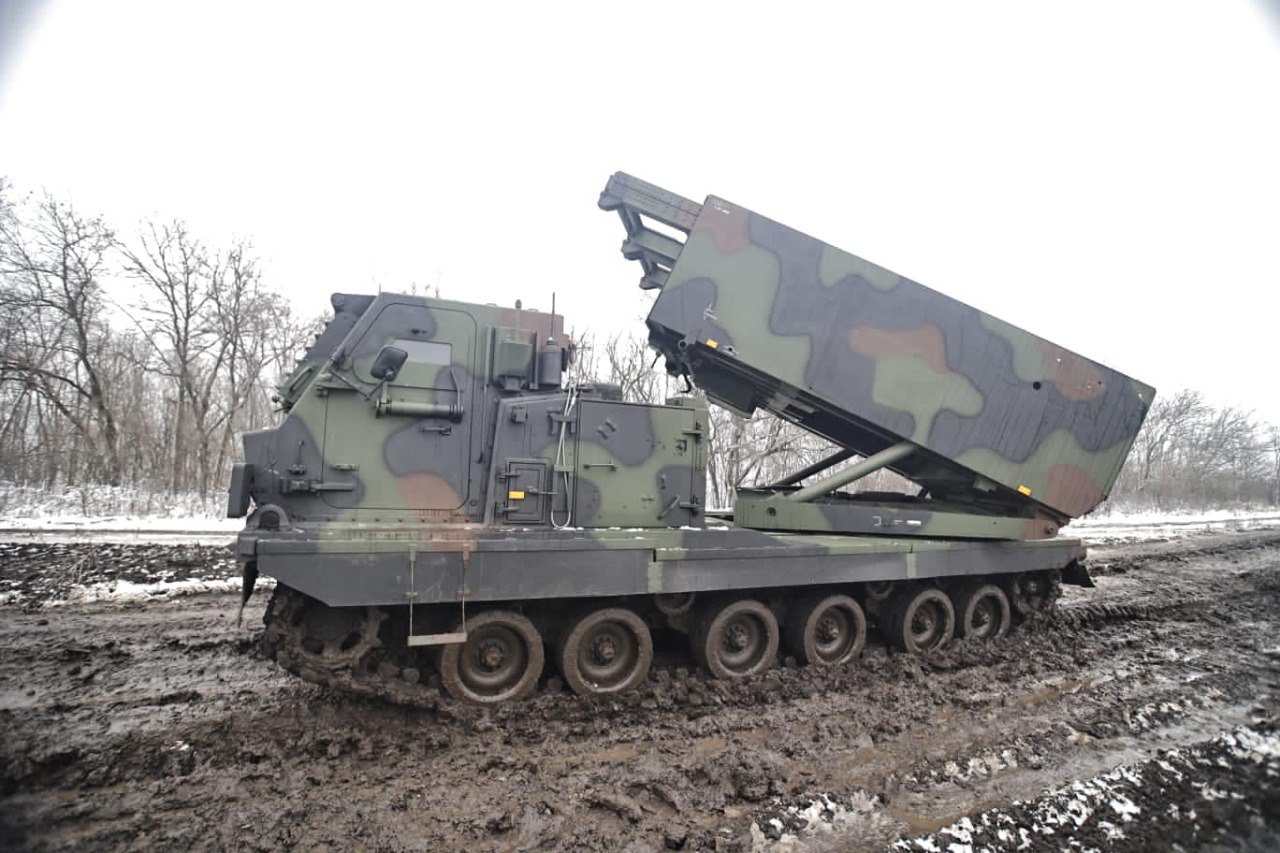
That is why RUSI asks the question in its blog like this. On the one hand, indeed, the M142 HIMARS and M270 systems have two outstanding characteristics at once, which determined their success in the hands of Ukraine’s military, which is a firing range and accuracy, thanks to them these systems are invulnerable to any russia’s counter-battery weapon.
But then the same set of uncontrolled factors are seen. The task for Ukraine’s M270 and HIMARS is simplified in particular by the fact that russia’s army uses a strict logistics structure, which involves relying primarily on the railway infrastructure (or different transport with a predictable route). At the same time, the occupiers are unable to build their logistics without relying on the railway network. Which at the same time means a certain "predictability" of targets for Ukraine’s jet artillery.
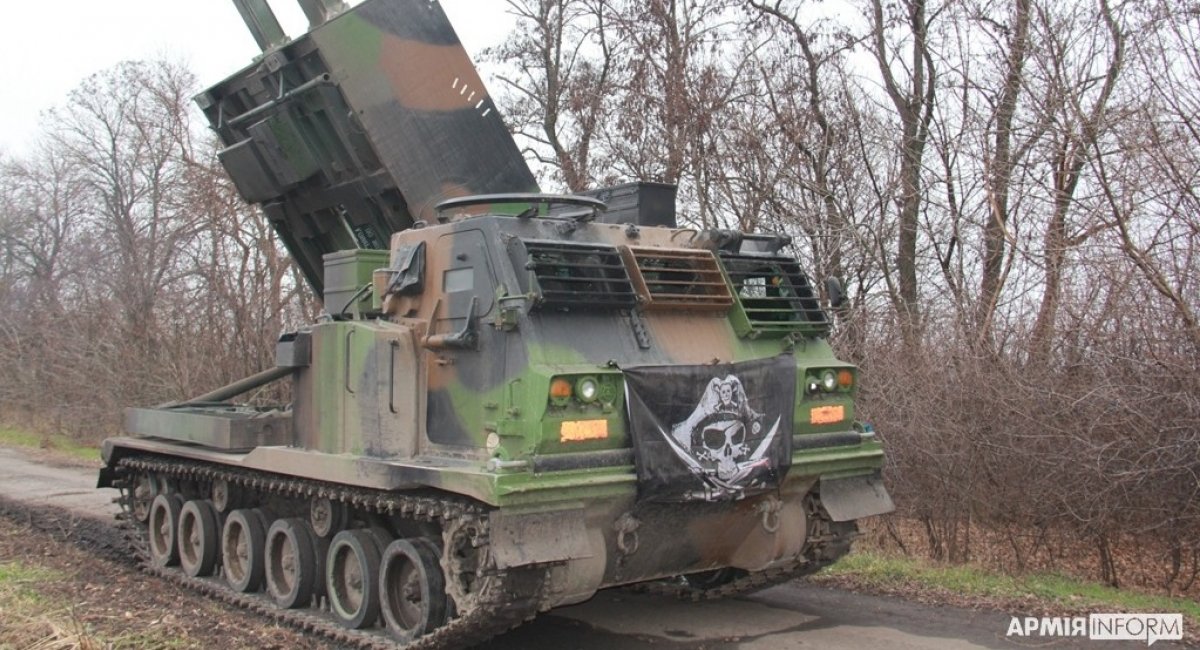
The "predictability" of targets has a positive effect on another factor: the speed of data processing for issuing a target indication. The nuance is that the U.S. Army units in Europe provide help, and in order to establish a fast data exchange, you need to be able to process this data quickly. Especially under the conditions that part of the information comes from the temporarily occupied territories using social networks or other technologies.
An equally important factor that plays into the hands of the Armed Forces of Ukraine is that after a year of war russians have not been able to develop ways to counter HIMARS and M270 systems. Thus, the russian army managed to work out a "reconnaissance-strike circuit" using the Iskander ballistic missile system or the Tornado-S with guided missiles. But this "circuit" can still hit stationary objects, but not moving targets that can use the extensive system of front-line roads.
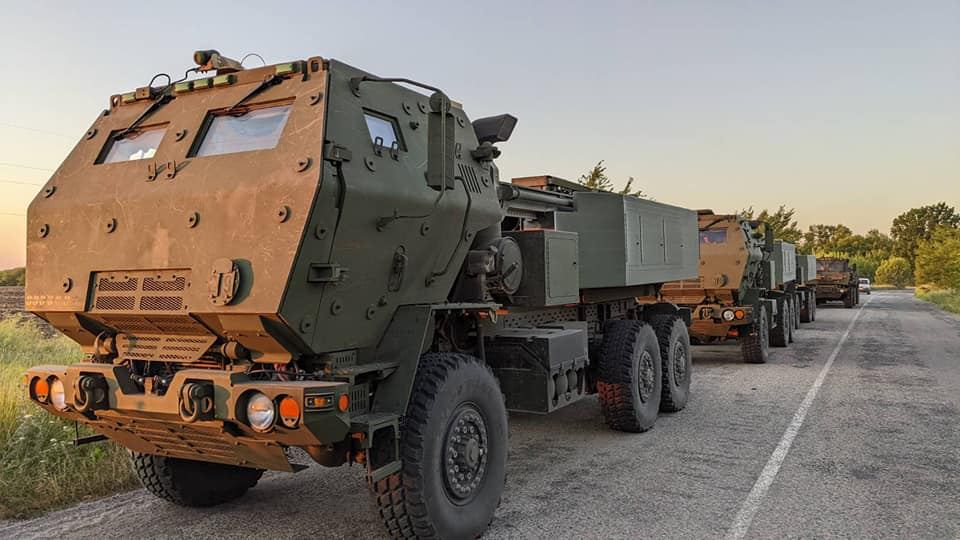
In theory, the occupiers could use their tactical aircraft to hunt for Ukraine’s MLRS. But it’s impossible practically, since russia’s Air Force pilots do not risk crossing the front line due to the density of Ukraine’s air defense.
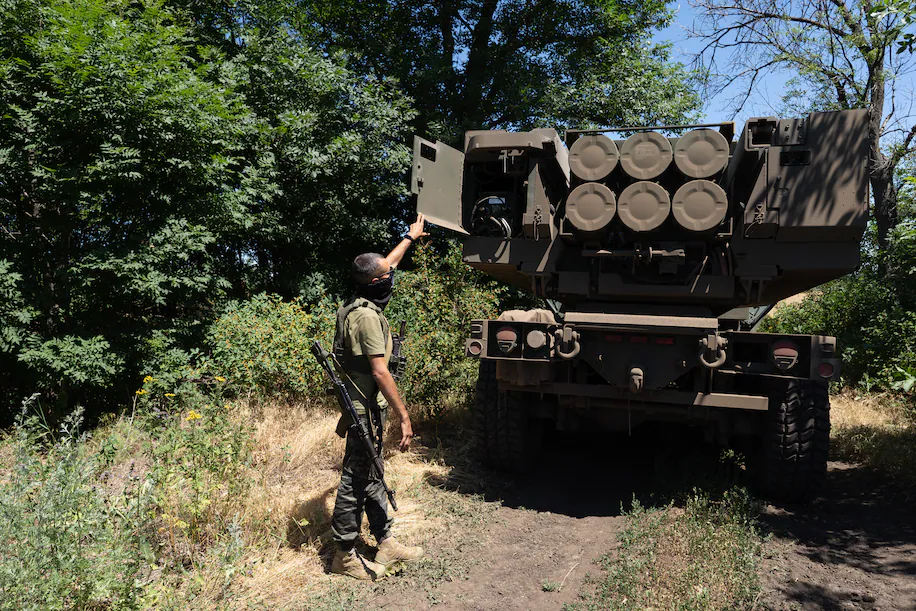
The following conclusion emerges from the above: the success of the M142 HIMARS and M270 missile systems in service with the Armed Forces of Ukraine is provided not only by outstanding characteristics, but also by skillful appliance of Ukraine’s advantages and the occupiers' weaknesses.
Read more: The Upgraded Ukrainian 2S22 Bohdana SPG to Have Three Different Chassis Options




